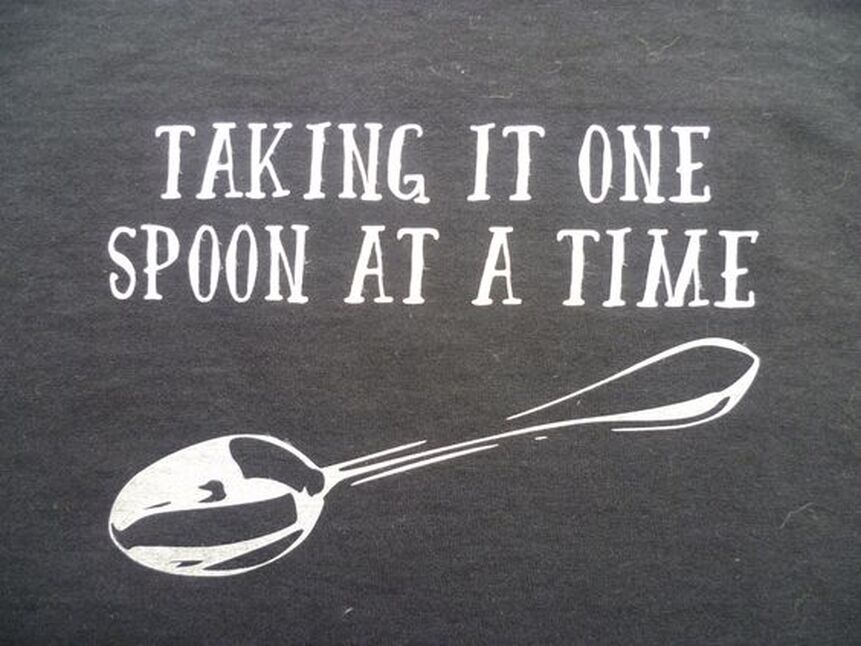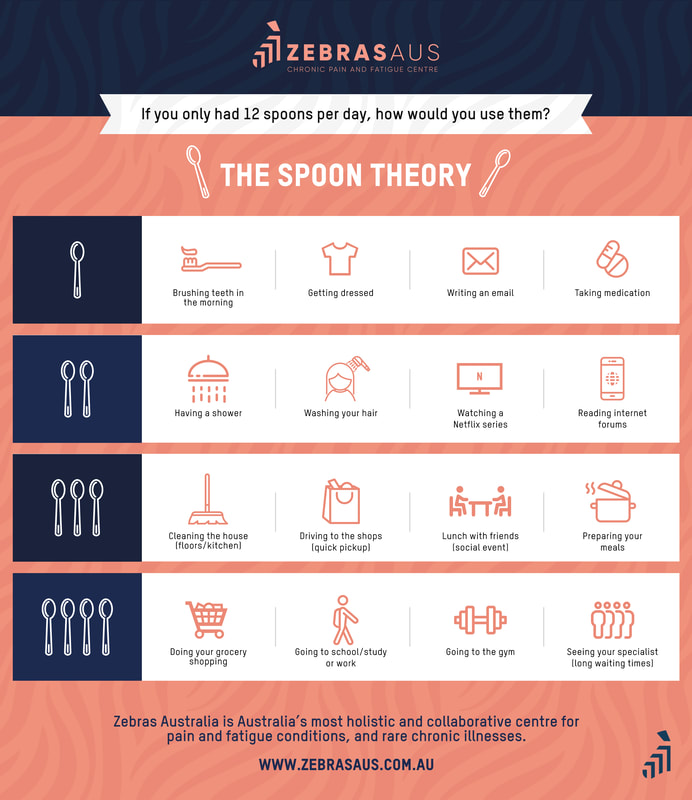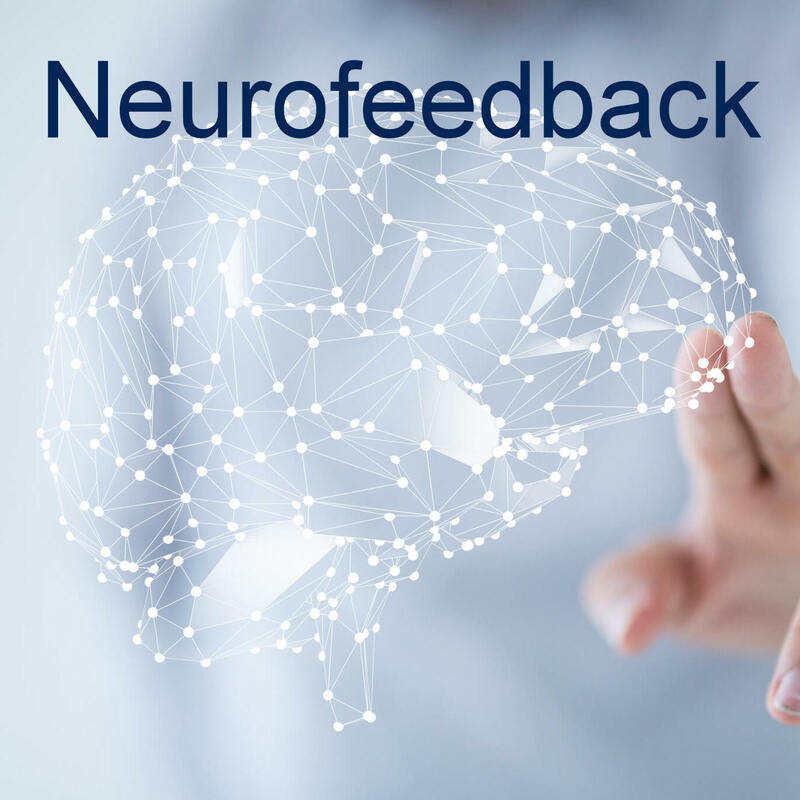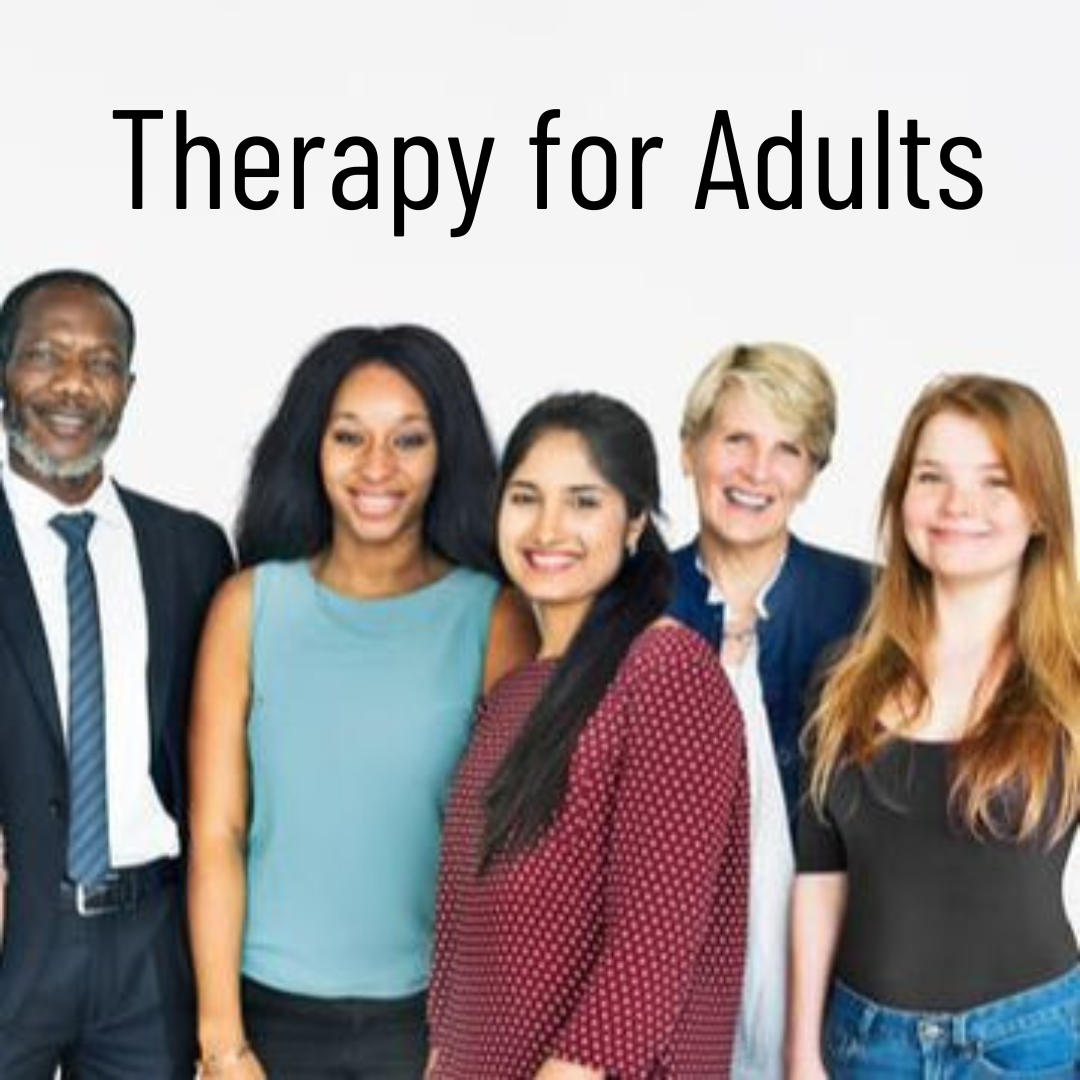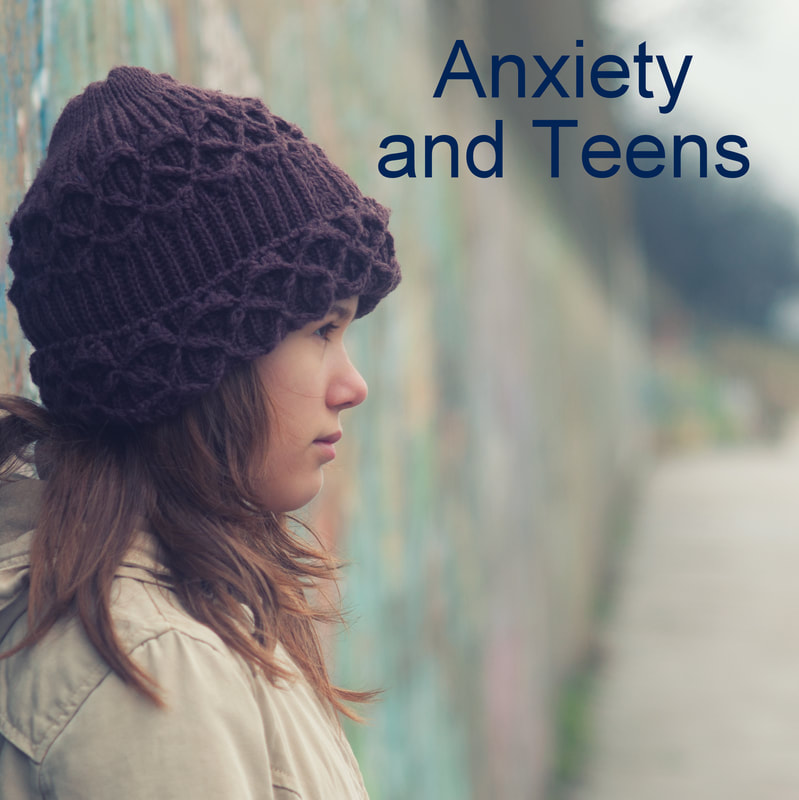|
By Melissa Marconi What is The Spoon Theory and How Can it Promote Better Physical and Mental Wellbeing? When I was in my 20’s I was diagnosed with a chronic illness which not only impacted my physical health, but also led to depression and isolation. There were days I could not get out of bed. I would use my energy to do basic things like shower and go to doctors appointments. Very rarely could I do the things I once enjoyed like hanging out with friends and family or going to bookstores, concerts, and sporting events. One day, I was talking to a friend, and she was telling me about a party she had over the weekend. “All of our friends were there”, she said. I asked “Why didn't you invite me”? She replied, “I didn’t want to upset you because I figured you wouldn't feel up to it”. At that moment, I realized I needed a better way to communicate with my friends and family about the ups and downs of chronic illness. I knew staying connected to them was important. I knew having their support would be a vital component in my illness recovery. It is hard for someone that doesn't have an illness to visualize my struggles. I wanted to find a way to explain it and The Spoon Theory helped me do it. What is The Spoon Theory? The Spoon Theory was developed by Christine Miserandino. While sitting at a diner, her best friend asked her what it was like living with Lupus. She grabbed a bunch of spoons and laid them out in front of her friend and explained that each spoon represented a certain amount of energy expenditure she had for that day. She might use 1 spoon for a morning shower, 1 for breakfast, 1 to drive to work, 2 to cook and clean dinner, etc. Christine explained that some days would differ depending on her symptoms and responsibilities for the day. For every task performed, a person living with chronic illness loses energy units. When all our spoons are gone, a person has no energy left for the day. As Christine's friend went through her day, taking away spoons that depleted her energy, she finally understood Christine’s struggles and began to cry. How can it help people living with chronic and/or mental health illnesses? In her book The Chronic Illness Workbook, Patricia Fennell describes the Integration Phase as the final phase in chronic illness recovery. At this time, the individual becomes more self aware and gains acceptance. They understand what they have been through and how they have grown from the experience. The individual is much wiser, more flexible, and better able to communicate their needs and advocate for themselves. They understand that they may backslide, especially when the symptoms flare up, but they have the tools and support now to get themselves back on course again. Living with a chronic illness brings many challenges and, oftentimes, our lives are forever changed. Not only are we trying to adapt to these changes, but our friends and family are, too. Misunderstanding, discomfort, and fear can lead to avoidance or superficial support. Using the spoon metaphor helps friends and family empathize and understand the challenges a person with chronic illness faces in a day. Spoons can be a visual representation for measuring both physical and mental energy needed for daily living activities and productive tasks. It can help a person living with chronic illness pace themselves. This, in turn, will allow more energy for meaningful activities in their lives. Takeaway
You can find out more about The Spoon Theory and the Chronic Illness Workbook at:
https://butyoudontlooksick.com/category/the-spoon-theory/ https://albanyhealthmanagement.com/workbook/form/chronicillnessworkbookexercises.pdf
0 Comments
Leave a Reply. |
Archives
October 2023
Categories
All
|

